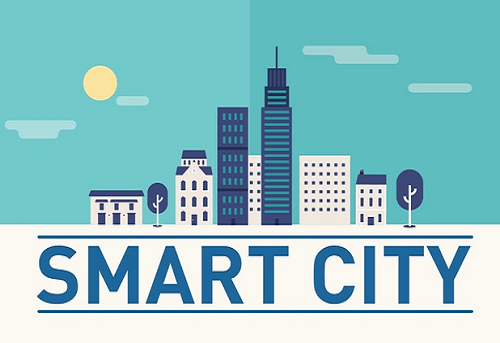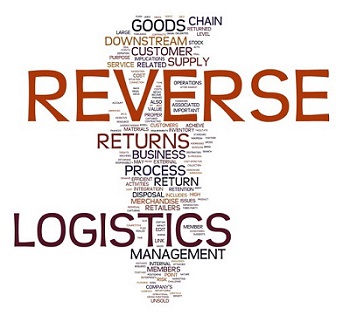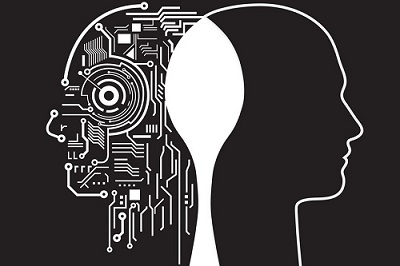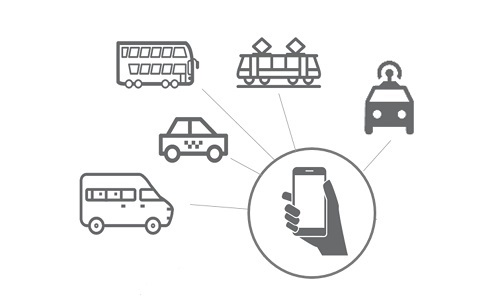Topics
SMART CITY A smart city is a municipality that uses information and communication technologies to increase operational efficiency, share information with the public and improve both the quality of government services and citizen welfare. Emerging trends such as automation, machine learning and the internet of things (IoT)are driving smart city adoption.
REVERSE LOGISTICS Reverse logistics is for all operations related to the reuse of products and materials. It is "the process of moving goods from their typical final destination for the purpose of capturing value, or proper disposal. Remanufacturing and refurbishing activities also may be included in the definition of reverse logistics.
ARTIFICIAL INTELLIGENCE Artificial intelligence (AI, also machine intelligence, MI) is intelligence demonstrated by machines, in contrast to the natural intelligence (NI) displayed by humans and other animals. In computerscience AI research is defined as the study of "intelligent agents": any device that perceives its environment and takes actions that maximize its chance of successfully achieving its goals.
URBAN MOBILITY
BIG DATA Big data is data sets that are so voluminous and complex that traditional data-processing application software are inadequate to deal with them. Big data challenges include capturing data, data storage, data analysis, search, sharing, transfer, visualization, querying, updating, information privacy and data source. There are five concepts associated with big data: volume, variety, velocity and, the recently added, veracity and value
|






